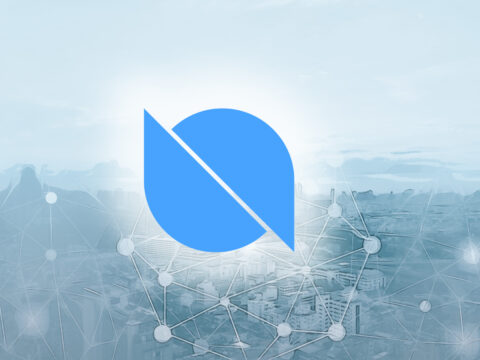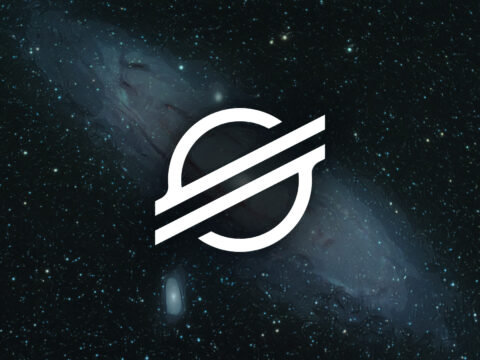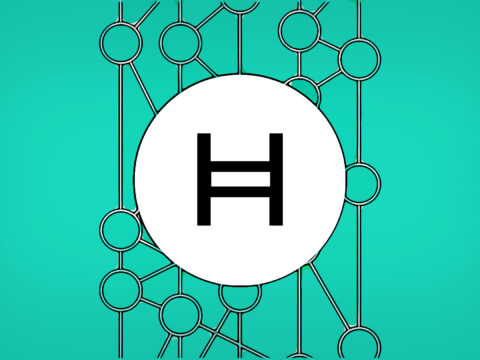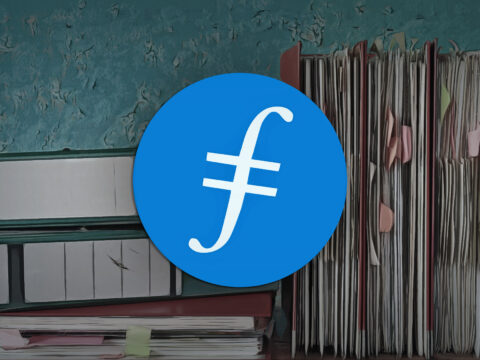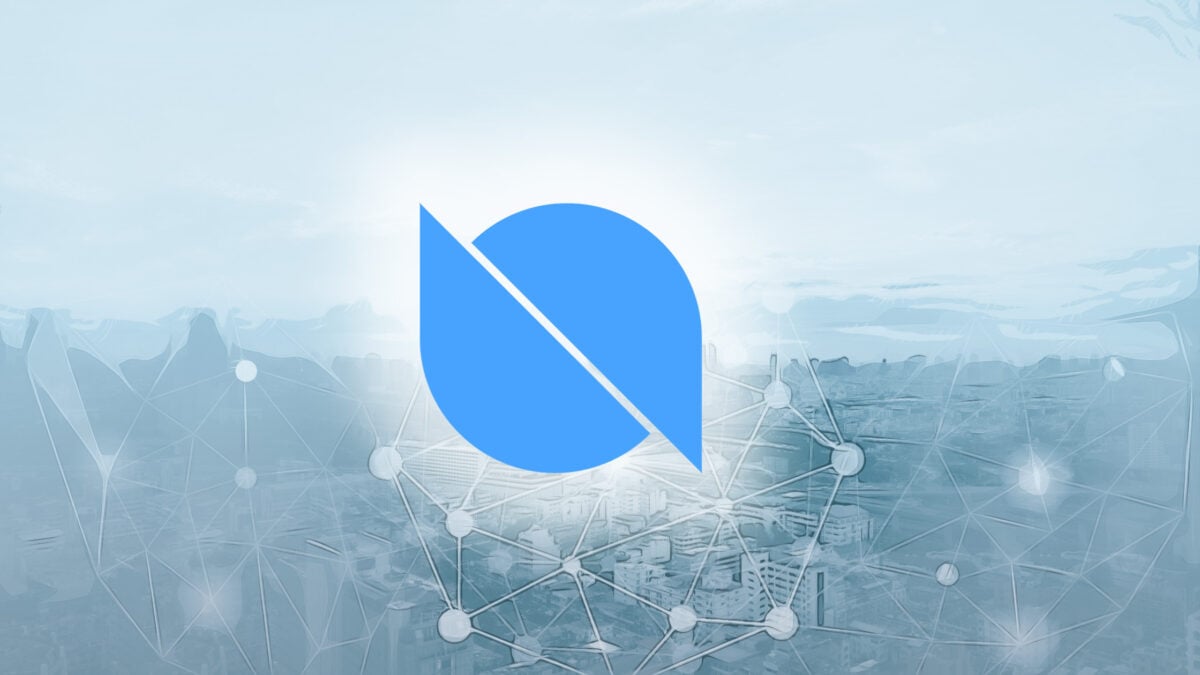
Ontology (ONT) was developed by a Chinese company called Onchain and launched in 2017. It is a public platform and is considered by some to be an important step in removing the barriers between the business sector and blockchain technology.
What is Ontology (ONT) Blockchain?
Essentially, Ontology (ONT) is designed to enable businesses of all sizes to install blockchain technology within their companies without having to change the way all of their current systems work completely.
Ontology (ONT) provides trust on a trustless network and a platform for dAPPs and smart contracts supported by the NEO blockchain. Smart contracts reduce reliance on lawyers, judicial systems, third-party companies, and banks to perform data transactions.
These trustless systems may be an ideal choice for small and medium-sized businesses that don’t have the expertise to implement their own blockchain systems. Ontology (ONT) cryptographic networks can be used not only for financial transactions but also for other types of data management.
What is the Purpose of Ontology (ONT)?
Ontology (ONT) aims to use blockchain to solve the trust problem, and its main focus is on identity security and data integrity. It is fast to operate and offers its users a range of latest-generation tools.
The program aimed to build a blockchain platform with common protocols, modules, and rules, all of which already have a home in the real world. The distributed digital system can be connected and ultimately make connections efficiently.
With this foundation of trust, dAPPs built on Ontology (ONT) can create peer-to-peer collaboration under a trusted system, which makes the platform useful for numerous areas.
At its core, Ontology was created to make systems more efficient and allow more companies to enter the blockchain space.
For traditional industries, teams without a blockchain background, or companies with or without a technical background, Ontology (ONT) makes the transition to blockchain use much easier. In a sense, it may become a provider of blockchain services so that small companies can easily use blockchain.
Ontology (ONT) is one way to bridge the blockchain world and the existing world so that almost any entity can use blockchain technology.
Key Features and Benefits of Ontology Blockchain
High Scalability for Increased Transaction Throughput
Ontology Blockchain offers high scalability through its innovative sharding mechanism. This means that the network can handle more transactions at any given time, allowing for increased transaction throughput. With this feature, users can experience faster and more efficient transactions, making Ontology an attractive option for businesses and individuals alike.
Easy Integration with Existing Systems and Protocols
One of the key benefits of Ontology Blockchain is its modular design, which allows for easy integration with existing systems and protocols. This means that businesses can seamlessly incorporate Ontology into their current infrastructure without having to overhaul their entire setup. By enabling interoperability with other blockchain networks and traditional systems, Ontology provides flexibility and convenience in adopting decentralized solutions.
Enhanced Privacy Protection through Advanced Features
Privacy protection is a top priority in the world of blockchain technology, and Ontology addresses this concern through various advanced features. The platform incorporates data encryption techniques to safeguard sensitive information from unauthorized access. Zero-knowledge proofs are utilized to ensure privacy while validating transactions. These robust privacy measures give users peace of mind knowing that their personal data remains secure within the Ontology ecosystem.
How Does Ontology (ONT) Work?
The purpose of Ontology (ONT) is not to operate as a single blockchain. Rather, the technology will enable companies to take full advantage of private and public blockchains on a larger scale.
Financial institutions do not want to put all their data on a public blockchain so that their competitors can access all their information. The Ontology (ONT) blockchain has a solution to this issue, as it is a private blockchain that only specific entities can use via shared permissions that allow access.
If a new investor wants to open an account at a financial institution and then wants to verify their identity, a public blockchain (such as NEO) can communicate with the private blockchain Ontology (ONT) created, which is where private information is stored.
Ontology (ONT) can be used to create multilayer networks. At the bottom layer, Ontology’s blockchain is connected to other large-scale blockchain platforms (which already support NEO virtual machines), such as EOS, Ethereum, and QTUM.
This enables the company to trade and store digital assets on NEO, interact with Ethereum dApps, and connect to other blockchain networks.
The next layer of Ontology is a series of pre-made APIs and protocols.
Without blockchain knowledge, companies and application developers can use Ontology’s protocol suite to build private, customizable blockchains. The last layer is companies, institutions, and organizations that need blockchain solutions but use and operate them in a permissibly and controllable way.
The Dual Coin System with ONT and ONG Tokens
In the world of cryptocurrency, there are various tokens with different purposes. Ontology, a blockchain network, is no exception to this. It has its own native cryptocurrency called ONT, which plays a crucial role within the Ontology ecosystem.
ONT: The Native Cryptocurrency
ONT coins are used for staking, voting, and participating in governance decisions on the Ontology network. Staking involves holding ONT coins in a wallet to support the network’s security and operations. By doing so, users can earn rewards through additional ONT tokens.
ONG: The Utility Token
Apart from ONT coins, Ontology also has another token called ONG. Unlike ONT, ONG serves as a utility token within the network. It is primarily used for resource consumption purposes, such as paying transaction fees and deploying smart contracts on Ontology’s blockchain.
Interconnected Roles
Although both ONT and ONG have their distinct roles within the Ontology ecosystem, they are interconnected in supporting the overall functionality of the network. For example:
- Holding ONT generates ONG: Users who hold ONT tokens can generate ONG tokens over time.
- Using ONG for transactions: When conducting transactions or executing smart contracts on Ontology’s blockchain, users must pay transaction fees using ONG tokens.
Both tokens work hand in hand to ensure smooth operations and provide incentives for participants within the Ontology network.
To manage these tokens effectively, users can utilize an “Onto” wallet provided by Onchain — the company behind Ontology. This wallet allows users to store and manage their ONT coins securely and also provides functionalities for interacting with other decentralized applications (dApps) built on top of Ontology’s blockchain.
Tokenomics: An Overview of ONT and ONG Tokens
In the world of cryptocurrency, tokenomics plays a crucial role in understanding how tokens function within a blockchain ecosystem. There are two primary tokens to be aware of: ONT and ONG. Let’s dive into the details!
The Total Supply of ONT Tokens
ONT is the native token of the Ontology network. It has a fixed total supply of 1 billion tokens, with no additional issuance planned. This means that the number of ONT tokens will not increase over time, ensuring scarcity and value for holders.
ONG Tokens: Generated through Holding ONT
Ontology Gas (ONG) is another important token within the Ontology ecosystem. ONG tokens are generated by holding ONT tokens in your wallet. The more ONT you hold, the more ONG you can
Concluding Thoughts on Ontology Crypto
So, there you have it! We’ve discussed in depth to answer the question of what is Ontology crypto and its blockchain ecosystem. From understanding what Ontology Blockchain is to delving into the dual coin system of ONT and ONG tokens, we’ve covered a lot of ground.
What sets Ontology apart is its commitment to enhancing collaboration between different blockchains, enabling seamless communication and data sharing. Just like a bridge connecting two islands, Ontology acts as a conduit for information flow across various platforms. This opens up endless possibilities for innovation and development within the crypto space.
The future of blockchain technology holds immense potential, and being part of this transformative journey could be both rewarding and exhilarating!
Learn More About Ontology
FAQs
What are the benefits of investing in ONT tokens?
Investing in ONT tokens can offer several benefits. Firstly, ONT serves as the utility token within the Ontology ecosystem, granting holders access to various services and applications built on top of the platform. As demand for these services grows, there is potential for increased value and liquidity for ONT tokens. It’s important to conduct thorough research and evaluate your investment strategy before making any decisions.
How can I acquire ONT or ONG tokens?
ONT tokens can be acquired through cryptocurrency exchanges that list them. You may need to create an account on a reputable exchange platform that supports trading pairs involving ONT. Once you have an account set up, you can deposit funds into your wallet and purchase ONT tokens at current market prices.
Can I stake my ONT tokens?
Yes, Ontology allows users to stake their ONT tokens. By staking your tokens, you contribute to the security and stability of the network while earning rewards in the form of ONG tokens. Staking can be a great way to participate in the network and potentially earn additional tokens over time.
Is Ontology open-source?
Yes, Ontology is an open-source project. This means that its underlying code is freely available for anyone to view, modify, or contribute to. The open nature of Ontology fosters transparency and encourages collaboration within the community.
How does Ontology ensure security on its blockchain?
Ontology employs various security measures to safeguard its blockchain ecosystem. These include consensus mechanisms like Proof of Stake (PoS), cryptographic encryption techniques, regular audits of smart contracts, and continuous monitoring for potential vulnerabilities or attacks. These efforts aim to provide a secure environment for users and protect their assets within the Ontology network.
